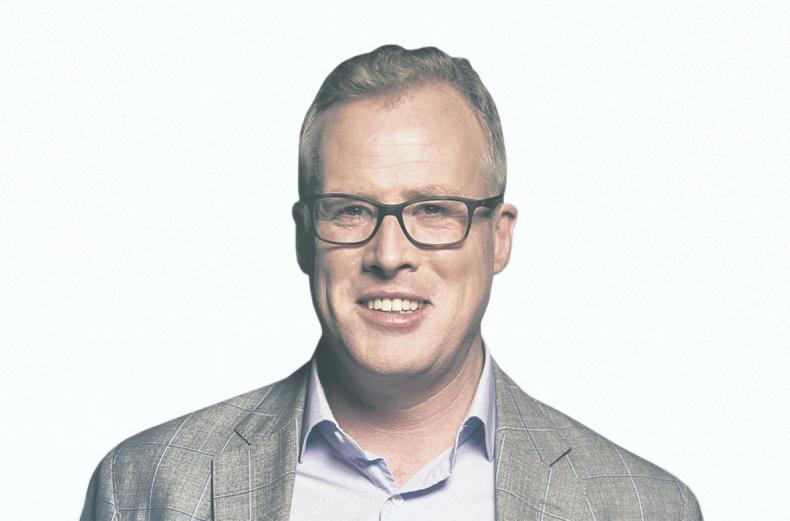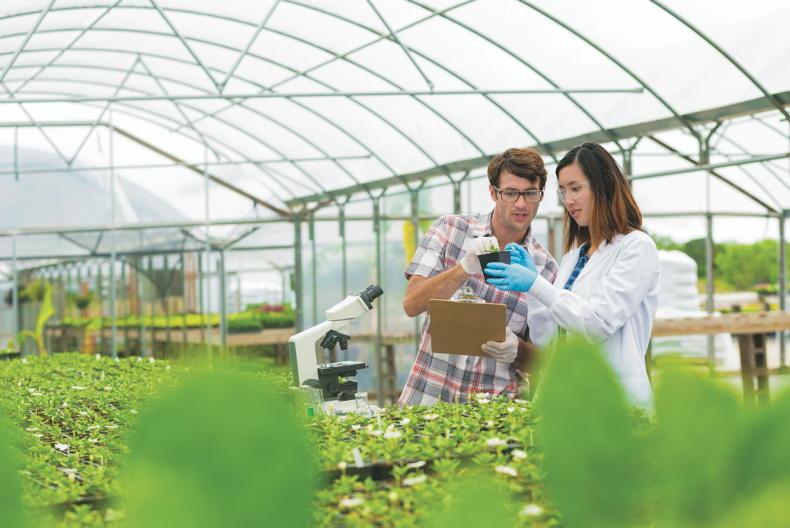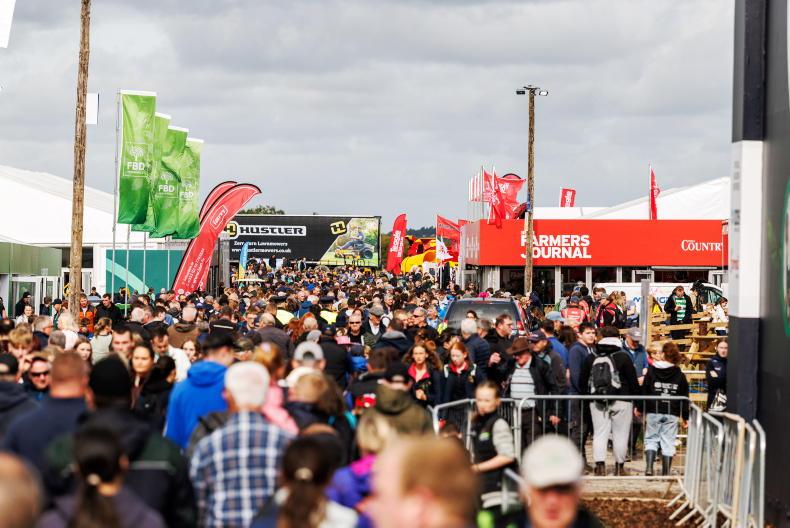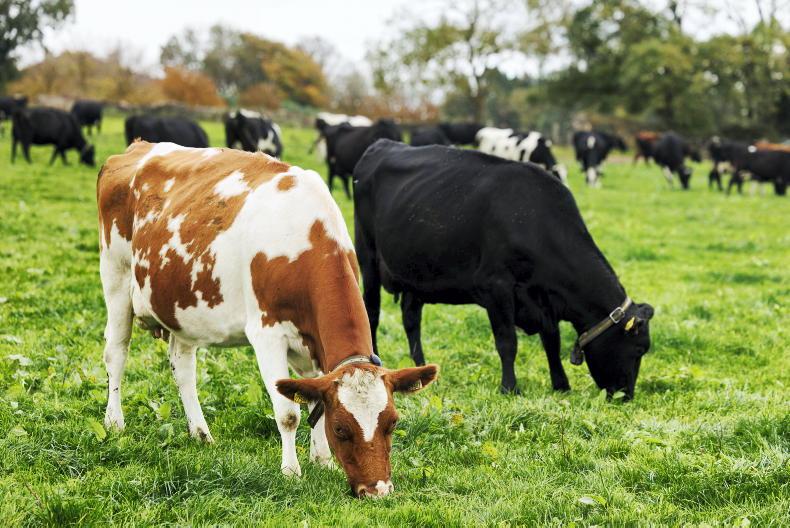The RTÉ documentary Inside Ireland’s Covid Battle should be watched by every Irish citizen. And maybe it should be broadcast every week until a vaccine is found as a reminder. So, while thinking of nurses, doctors and the other frontline workers it may appear trite but there are other worthy professions who also shine through the darkness.
Farmers and food producers have played a blinder too from the start. Just think about the obstacles which the entire food chain, from farm to shop has had to negotiate.
Cows calved, animals were sold, feed purchased, vets called, milk collected, and produce exported
As the big snow of 2018 showed us, we’re only ever a few days away from any sort of food shortage. In 2020, it never came near that, despite initial panic buying.
Life on the land continued. Cows calved, animals were sold, feed purchased, vets called, milk collected, and produce exported and imported through sealed borders across Europe. All this involved human interaction at a scary time when strict social distancing rules were being imposed as cases spiked, young children were suddenly at home on the farm. In between, delivery men and long-distance truck drivers drove on. Shelves were stacked, silage cut and tractor tanks filled with diesel.
Local and artisan producers were hit with the sudden shut down of food service outlets
Mart sales were restricted. Shows cancelled. The dry spring was followed by the wet early summer. Still, combines rolled. Co-ops managed peak milk supply as videos of dumping in America trended on the internet. And despite being the focus of negative attention, meat plants slaughtered. Local and artisan producers were hit with the sudden shut down of food service outlets. They employed their inner innovative skills to reroute their produce, such as collaborating with each other and selling online. It kept people at work even if they were on some state support, but it kept them with something to get up to do in the morning.
We humbly accept that few of us are indispensable when it comes to our jobs
COVID-19 has forced us to have a rethink about our priorities in life. This past five months makes us realise what’s important and what’s not. We’ve taken stock of our immortality and that of our families. We humbly accept that few of us are indispensable when it comes to our jobs. We value the importance of good friends and we no longer take the simple things for granted. Even the idea of going for a pint! And as we shop more for food to cook at home, we may be subconsciously rediscovering the value of fresh food and the role of food producers.
Still, farming faces criticism, some just, some not. The pointed anti-farming sentiment online does constructive environmentalists a complete disservice.
We have all become more in touch with nature too in lockdown. But some of the binary thinking in relation to the protection of the environment at the expense of livestock farming is so nonsensical that Einstein would’ve had a job coming up with an equation to explain it.
2020 has shown us we can live without a lot of things but we cannot live without farmers
The law of unintended consequence kicks in all over the place when you stress test the core ideology of the fiercest critics of livestock farming. Place all the complexities involved in the global food chain on a spread sheet and draw Venn diagrams and you’ll discover that replacing animal production with grain and vegetables to meet a growing global demand for food from a dwindling arable land area is full of contradictions if protecting biodiversity is the goal. 2020 has shown us we can live without a lot of things but we cannot live without farmers.
I go out of my way to defend politicians. But they really don’t help themselves. Pay rises for the super junior ministers is just so obnoxiously out of touch with reality.









SHARING OPTIONS